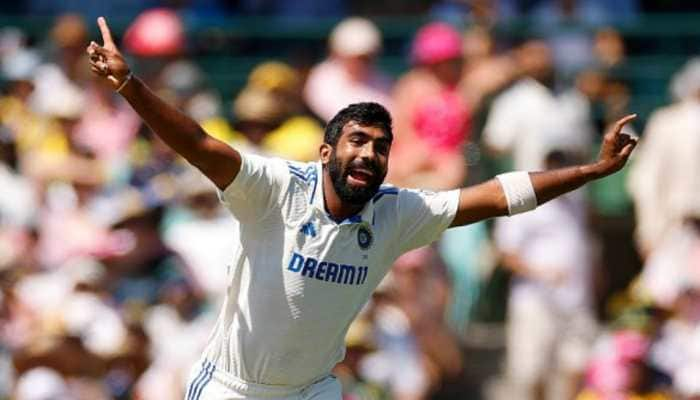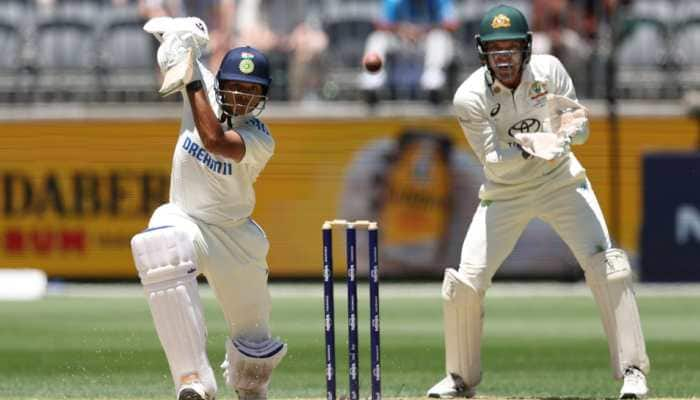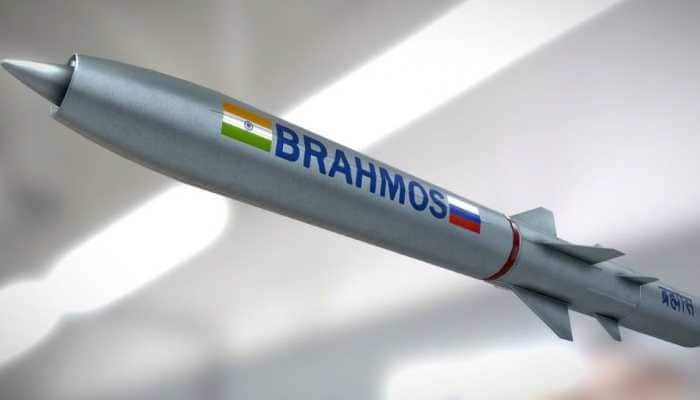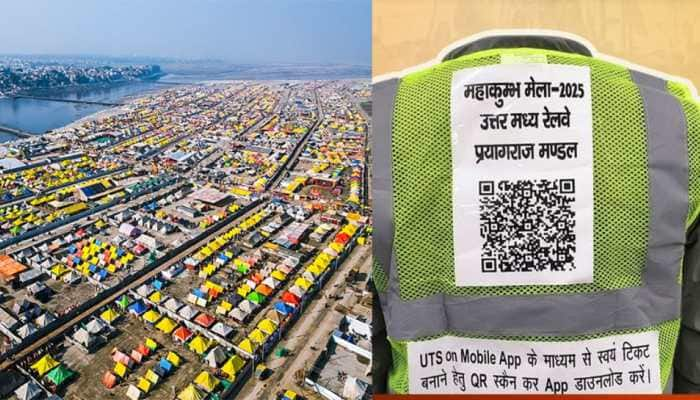Raisina Dialogue: Not unusual for two large neighbours to have some differences, says PM Modi on China
Inaugurating the second edition of the Raisina Dialogue on Tuesday, PM Modi said that in May 2014, people of India had ushered in a new normal.
Trending Photos
Delhi: Inaugurating the second edition of the Raisina Dialogue on Tuesday, Prime Minister Narendra Modi said that Pakistan must walk away from terror if it wanted to engage with India.
Outlining his approach for an integrated neighbourhood, he also said that his vision for country's neighbourhood puts premium on peaceful and harmonious ties with entire South Asia.
At the same time, PM Modi pointed out that in May 2014, people of India had ushered in a new normal.
"My fellow Indians spoke in one voice to entrust my government with mandate of change: Government with mandate of change. Every day at work, my ‘to do list’ is guided by the constant drive to reform and transform India, for prosperity and security of all Indians," he said.
The PM added, "World needs India's sustained rise as much as India needs World. Our desire to change country has an indivisible link with external world. For multiple reasons, and at multiple levels world is growing through profound changes."
"For me, 'Sabka Saath, Sabka Vikas' is not just a vision for India. It is a belief for the whole world. The people of South Asia are joined by blood, shared history, culture, and aspirations. In the last two and half years, we have partnered with almost all our neighbours to bring the region together. My vision for our neighbourhood puts premium on peaceful and harmonious ties with entire South Asia," he said.
"That vision had led me to invite leaders of all SAARC nations, including Pakistan, for my swearing in. India alone cannot walk the path of peace. It also has to be Pakistan’s journey to make. Pakistan must walk away from terror if it wants to walk towards dialogue with India," he maintained.
"Globally connected societies, digital opportunities, technology shifts, knowledge boom and innovation are leading the march of humanity. We need to guard against any inclination that promotes exclusion, specially in Asia. The multi-polarity of the world and an increasingly multi-polar Asia, is a dominant fact today," he said.
Referring to India's ties with China, PM Modi said it was not "unnatural" for two large neighbouring powers to have some differences but both sides should show sensitivity and respect for each other's core concerns and interests.
"I see the development of India and China as an unprecedented opportunity, for our two countries and for the whole world. At the same time, it is not unnatural for two large neighbouring powers to have some differences. In the management of our relationship, and for peace and progress in the region, both our countries need to show sensitivity and respect for each other's core concerns and interests," he said, adding he and Chinese President Xi Jinping have sought to tap the vast area of commercial and business opportunities in the relationship.
"Our engagement with South East Asia is at the centre of our Act East Policy. Prevailing wisdom tells us that this century belongs to Asia. The sharpest trajectory of change is happening in Asia. Over the past two and a half years, we have given strong momentum to our engagement with the US, Russia, Japan and other major global powers. With Europe, we have a vision of strong partnership in India’s development, especially in knowledge industry and smart urbanization," he pointed out.
PM Modi went on to say, "The arc of influence of Indian Ocean extends well beyond its littoral limits. Our initiative of SAGAR - Security And Growth for All in the Region is not just limited to safe-guarding our mainland and islands. We hold the belief that success of one must propel the growth of many."
On Afghanistan, he said despite distance and difficulties in transit, India's partnership assists in reconstruction, by building institutions and capacities.
"Amidst shifting politics, our security engagement has deepened. The completion of Afghanistan's Parliament building and the India-Afghanistan Friendship Dam are two shining examples of our dedication to forge developmental partnership," he said, adding the compelling logic of regional connectivity for peace, progress and prosperity.
In this regard, he cited two examples - the tripartite agreement with Iran and Afghanistan on Chabahar; and India's commitment to bring on line the International North South Transport Corridor.
"However, equally, connectivity in itself cannot override or undermine the sovereignty of other nations. Only by respecting the sovereignty of countries involved, can regional connectivity corridors fulfil their promise and avoid differences and discord," PM Modi added.
Talking about ties with the US, he also referred to his conversation with President-elect Donald Trump and said "we agreed to keep building on these gains in our strategic partnership."
Asserting that instability, violence, conflict, extremism, exclusion and transnational threats continue to proliferate in dangerous directions, he said, "And, non-state actors are significant contributors to the spread of such challenges. Institutions and architectures built for a different world, by a different world, seem outdated. Posing a barrier to effective multilateralism."
He concluded by quoting the Rig Veda - "Let global thoughts come to me from all directions".
Nepalese Foreign Minister Prakash Sharan Mahat, former Afghan President Hamid Karzai, former Australian Prime Minister Kevin Rudd, and Gowher Rizvi, International Affairs Advisor to Prime Minister of Bangladesh, are among the nearly 250 foreign participants from 65 countries.
This year`s dialogue is on theme - `The New Normal-Multilateralism with Multi-Polarity`.
The first edition was attended by 120 participants from 40 countries.
(With PTI inputs)
Stay informed on all the latest news, real-time breaking news updates, and follow all the important headlines in india news and world News on Zee News.
Live Tv







)
)
)
)
)
)
)
)
)
)
